There are twenty traits in Elder Scrolls Castles, and not all are equal. It’s up to you to utilize these traits to ensure your Dynasty runs smoothly and prospers. However, knowing which traits to pick over others can be tricky. Here’s an Elder Scrolls Castles traits tier list for subjects and rulers, so you know exactly what to focus on.
All Traits in Elder Scrolls Castles Ranked
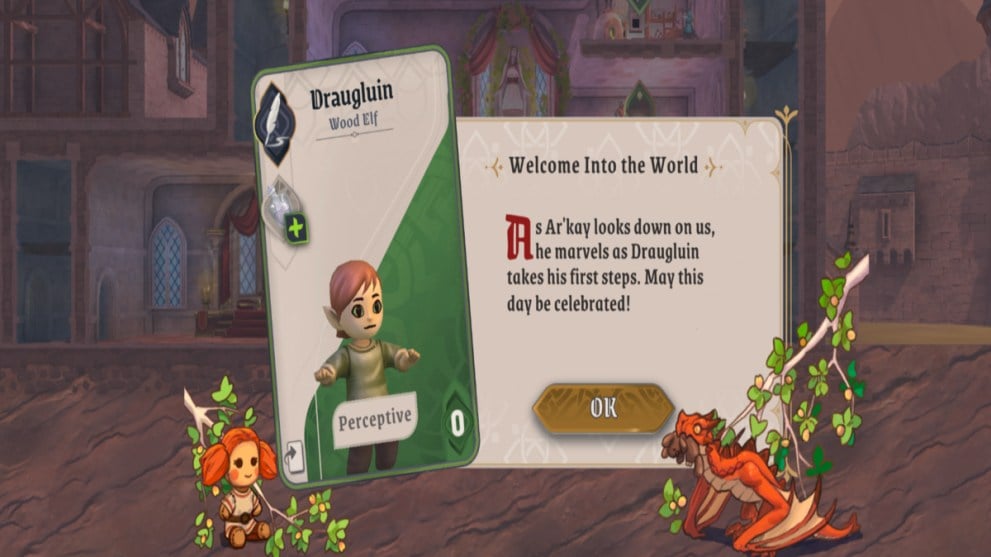
A unit’s traits in Elder Scrolls Castles will behave differently if they are a subject or ruler. For this reason, I have created two separate tier lists that explain precisely why a trait is good or bad and the effects it’ll have on the owner and those around it.
All subjects and leaders can have up to seven traits, so it is important to remember this when attempting to breed legendary babies and using them for tasks like manning production stations or turning them into leaders.
Subject Traits Tier List for Elder Scrolls Castles
| Ranking | Trait Name |
|---|---|
| S | Considerate, Enduring, Headstrong, Leader, Mighty, Perceptive |
| A | Jester, Pyromaniac, Tribal |
| B | Charming, Devious, Heartless, Volatile |
| C | Haunted, Sophisticated |
| D | Bossy, Emotional, Envious, Melodramatic, Reckless |
S Tier
The traits in the S Tier list have no negative consequences and are highly beneficial to the subject that has them and others around them.
- Considerate: Best at the Kitchen and Loom. Skill with Protective spells.
- Enduring: Your subject lives longer.
- Headstrong: Best at the Furnace and Workshop. Adept at using Shields.
- Leader: Rallies coworkers to work faster, their Happiness aligning with theirs over time.
- Mighty: Best at the Oil Press and Smithy: Skilled with Melee weapons.
- Perceptive: Best at the Mill and Sewing Table. Skilled with Ranged weapons.
A Tier
The traits in the A Tier list benefit the owner and those around them but have minor negative consequences that won’t affect important things like production too much.
- Jester: Enjoys telling a good joke, even when not appropriate.
- Pyromaniac: Best at the Kitchen, Furnace, and Smithy. Skilled with Fire but prone to Arson.
- Tribal: Works and fights better next to family members.
B Tier
These traits are only in the B Tier because they make subjects extremely powerful fighters if you like completing quests. Otherwise, I wouldn’t recommend putting them into production stations unless you are pairing them together. For instance, you can combine three Volatile and one Bossy trait for a good synergy.
- Charming: Distracts coworkers. Skilled with Summoning Spells.
- Devious: Prone to assassination. Worryingly skilled with Daggers.
- Heartless: Miserable to work with. Skilled with Frost.
- Volatile: Fueled by anger. Skilled with Shock.
C Tier
The traits in the C Tier aren’t good or bad, but they are still hard to recommend. For instance, your goal is to be as productive as possible, so limiting the time you spend on a subject with the sophisticated trait in a music stage to increase happiness should be minimal.
- Haunted: Often chased around by a ghost, who will sometimes do their work for them.
- Sophisticated: Less productive but easily made happy by music, literature, and art.
D Tier
The traits in the D Tier are the worst of the worst. Unless you have a specific reason for keeping them around, it is recommended that you banish subjects with bad traits to breed new subjects with positive traits.
- Bossy: Bosses coworkers around, making them efficient but miserable.
- Emotional: Feels everything strongly.
- Envious: The subject hates it when coworkers are more productive than them.
- Melodramatic: Prone to overwrought retellings of lengthy stories from history.
- Reckless: Works and fights with zeal, but at the cost of their health.
Ruler Traits Tier List for Elder Scrolls Castles
| Ranking | Trait Name |
|---|---|
| S | Considerate, Enduring, Headstrong, Jester, Leader |
| A | Pyromaniac, Tribal |
| B | Emotional, Envious, Reckless |
| C | Haunted, Sophisticated |
| D | Bossy, Charming, Devious, Heartless, Volatile |
S Tier
The traits in S Tier will turn a subject into an instrumental leader when it comes to managing the day-to-day of your dynasty. They also have zero consequences when used, so you don’t have to worry about the other side of the coin like you do with other traits.
- Considerate: Makes everyone better at the Kitchen and Loom.
- Enduring: Your ruler lives longer.
- Headstrong: Makes everyone better at the Furnace and Workshop.
- Jester: Rulings bring more joy.
- Leader: Makes rulings that may inspire workers.
A Tier
The traits in the A Tier are helpful but can become more challenging to manage unless you build your Dynasty with these in mind. For instance, even without the Pyromaniac trait, you’ll need a lot of Oil to fulfill orders to farm gold and keep your stations running.
- Pyromaniac: Uses more Oil in the castle, but makes everyone skilled with Fire.
- Tribal: Encourages familial cooperation.
B Tier
The traits in the B Tier all deal with the impact of a ruling you make. However, some rulings will have a negative impact no matter what, which makes these traits hard to justify over others. These traits drop down to D Tier if you play a no Rule playthrough.
- Emotional: Rulings have a more substantial emotional impact.
- Envious: Increases material gains in Rulings. No subject can be happier than the ruler.
- Reckless: Rulings are more impactful, for better or for worse.
C Tier
The traits in C Tier aren’t beneficial, but they won’t also cause many issues with your subjects when used.
- Haunted: Increases hauntings in the castle.
- Sophisticated: Makes everyone happier but less productive.
D Tier
The traits in D Tier go against one of the most critical tasks in the game, which is to be as productive as possible. Most of these traits will make your subjects unhappy, which will cause a lot of drama for your ruler and the other subjects (think assassinations).
- Bossy: Makes everyone more productive at the expense of happiness.
- Charming: Distract subjects, reducing productivity, but rulings bring more joy.
- Devious: Prohibits subjects from being happy. Harder to assassinate
- Heartless: Prohibits subjects from being happy. All subjects are skilled with Frost.
- Volatile: Rulings bring less joy. All subjects are skilled with Shock.
Now that you’ve used our Elder Scrolls Castles tier list, you’ll know exactly what traits to use and which to avoid. Check out our Elder Scrolls Castles hub for more guides like how to farm gold, so you always have a surplus.





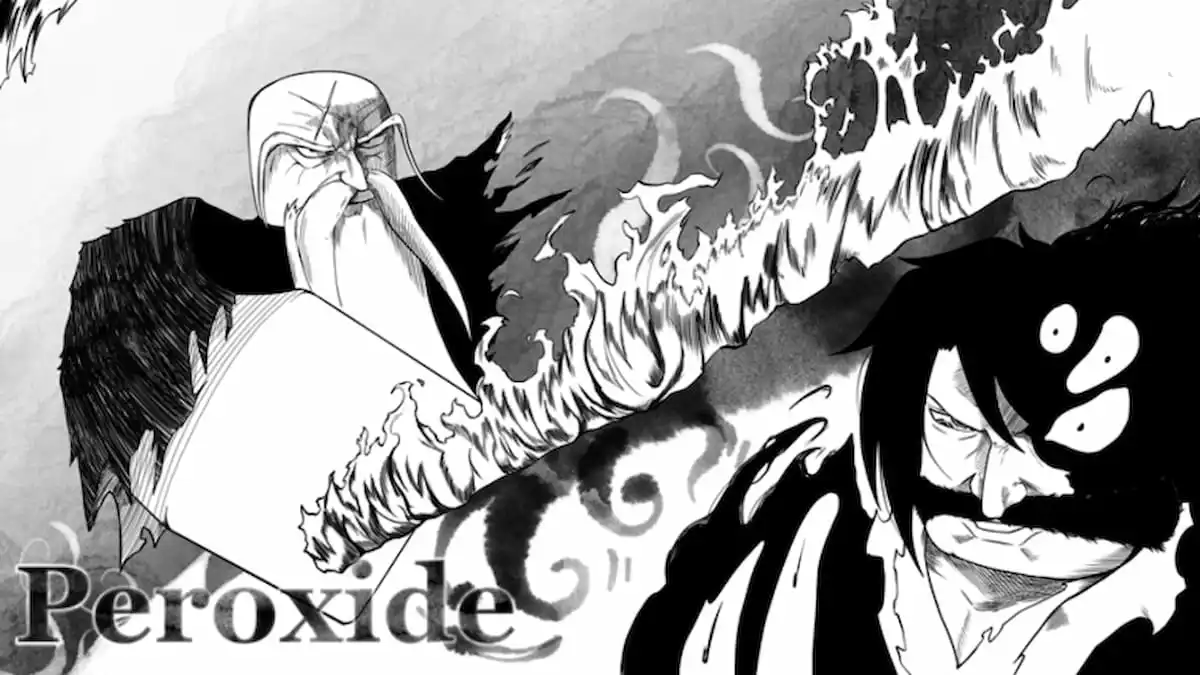


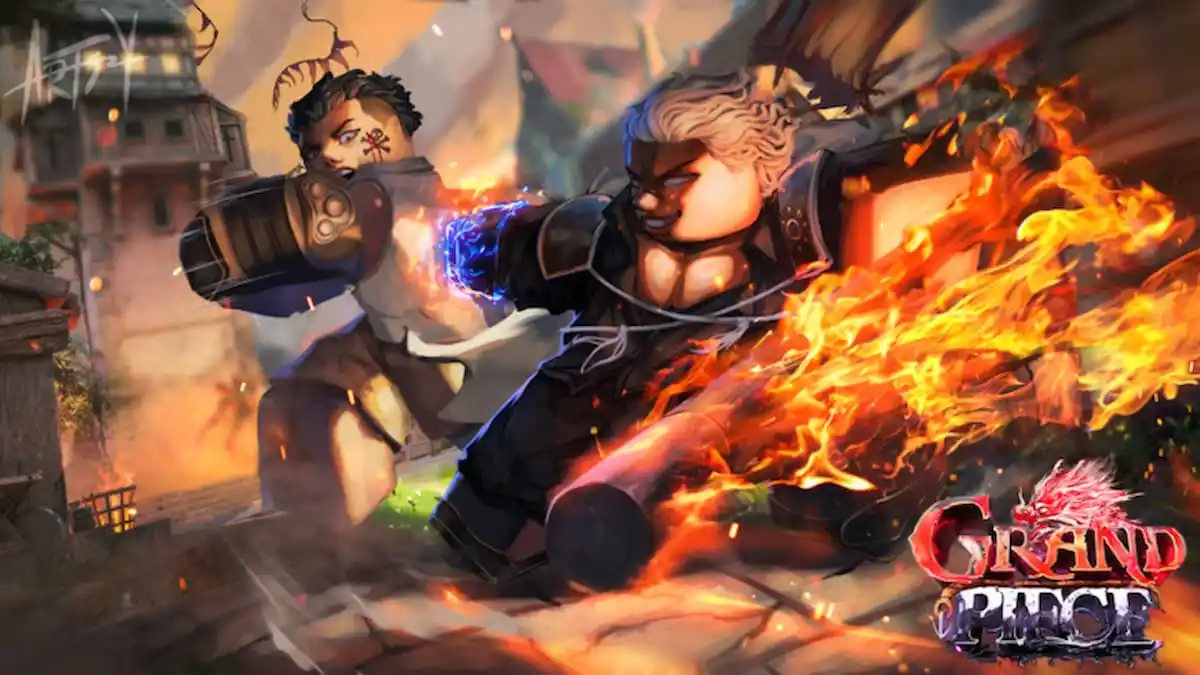
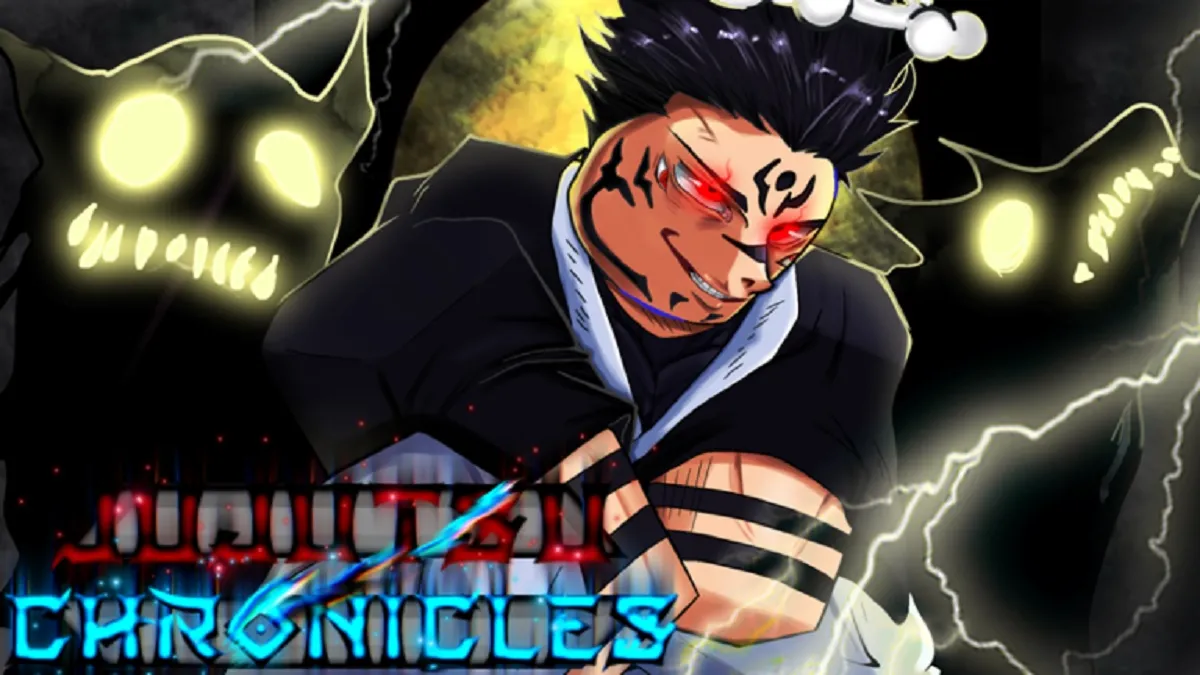


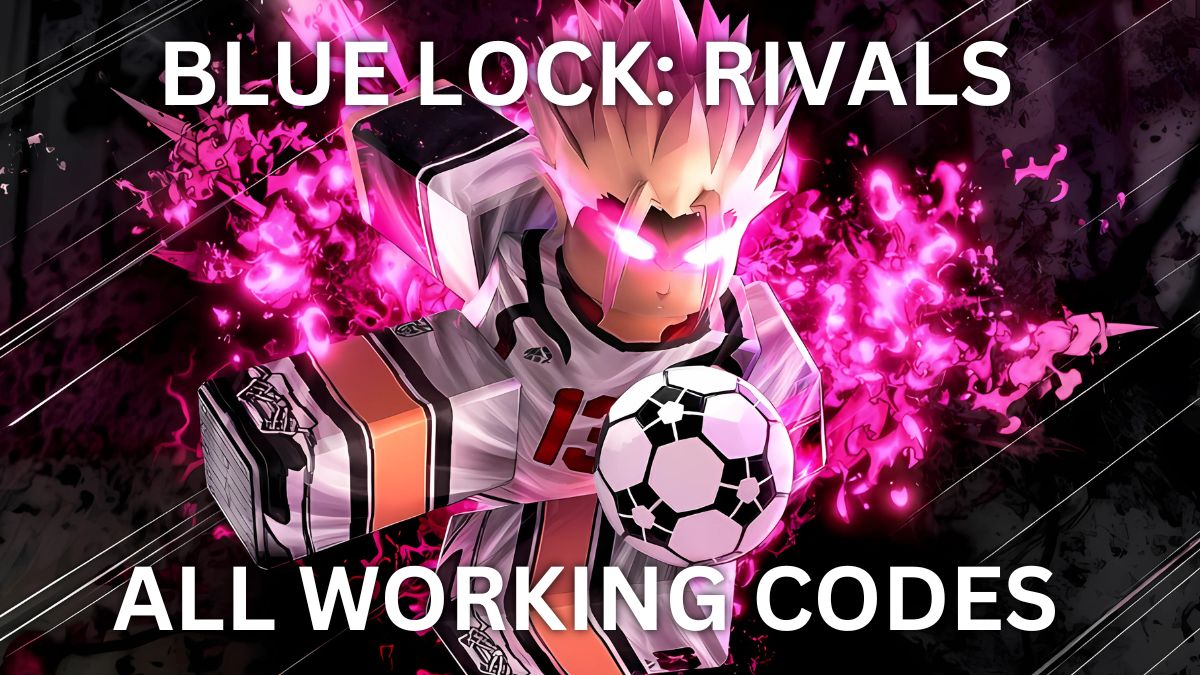
Updated: Sep 12, 2024 05:50 am